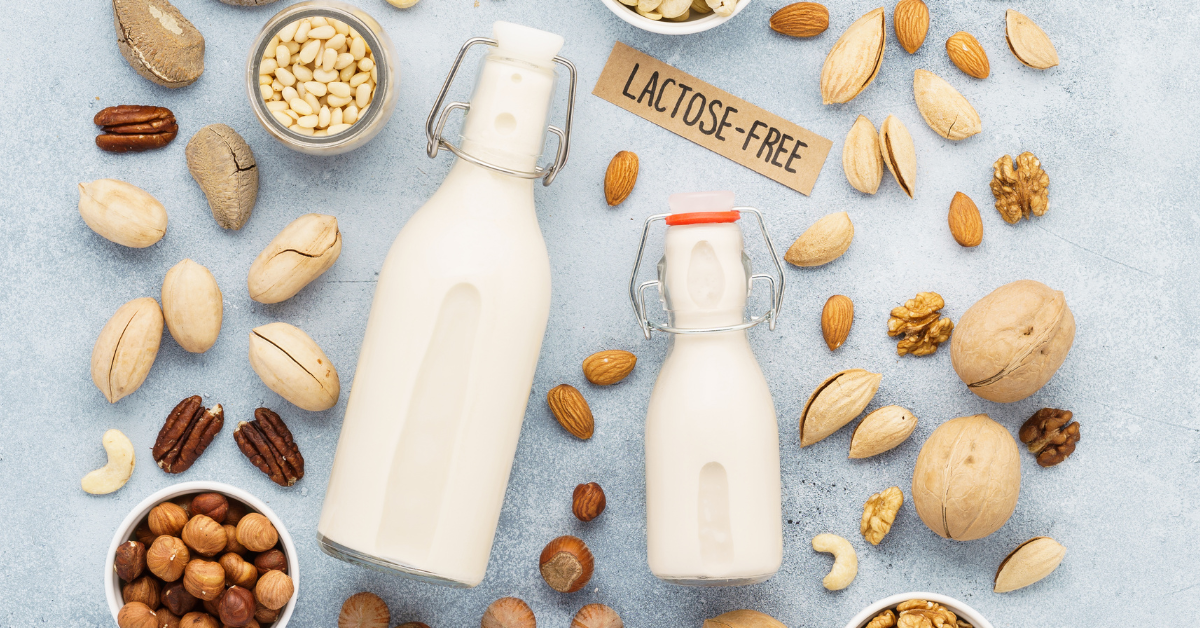Creating your own healthy and tasty plant-based milk is perhaps one of the best starting points for ethical eaters who want to venture off and make their own recipes. We say this because the opportunities are quite literally endless—all you will really need to start is an Almond Cow or similar machine and your favorite type(s) of nut.
The Almond Cow and other nut milk-making machine are nifty little devices that operate very similarly to blenders, food processors and espresso machines. They contain sharp blades that whir around and transform your choice of nut into a delicious, creamy milk. Just add water!
One of the top advantages of making your own nut milk is that you will truly be in control of the outcome. Not only do you get to select the type of nuts you use, but you’re also in charge of choosing high quality nuts, avoiding additives and controlling your nut to water ratio for a perfect recipe.
All of this leads to your end-product being fresher than a store-bought plant milk. Not to mention, you can also save money by making your own nut milk.
Choosing a base
Once you have selected and purchased your machine, the hard work is nearly done. Now it’s time to select your base: Some folks stick with the classics (almond, oat, macadamia), while others may choose to immediately experiment. Some interesting choices include cashew milk and pistachio milk (yes, it does come out ever so slightly green).
From my experience, any nut works well. It’s truly a matter of preference.
Overnight soaks
This step is totally optional, but your small efforts will go a long way. We like to soak our base overnight in a container of water. This greatly improves the end product, as an overnight soak softens the nuts and better prepares them to be processed.
Emulsification—the hidden key
Another small, optional investment that may yield great returns is choosing to add an emulsifier: specifically, sunflower lecithin. This natural extract is a stabilizer—it helps prevent the nut milk from undergoing any separation by bonding the nuts and water.
Interestingly enough, sunflower lecithin can also have numerous health benefits. Being rich in phospholipids, it can help lower cholesterol. Sunflower lecithin also may contribute to digestive, heart, and brain health due to the vitamins and other essential fatty acids that it contains.
If you choose to emulsify, simply add your sunflower lecithin in with your nuts. A good starting point is a teaspoon; you can adjust this measurement based on how the texture turns out.
Permission to get creative
I can’t express it enough that the possibilities really are endless. I gurantee that the process will be be fun and rewarding for you!
In making your own vegan milk, most importantly, you are not harming animals, but you are also advancing your culinary curriculum.
Gabe Ahmed recently joined Friends of Animals as director of development. A passionate vegan, he already feels right at home here. He lives in Newtown with three adopted cats (Peach, Bunny, and Pirate) and an adopted yorkie, Max.

